When you're around horses long enough you'll eventually hear something along the lines of not letting your horse “win” if you should differ on opinions with one another. But by deciding the horse ought to be on the losing end is to also infer that you've become entangled in a battle of sorts. But is winning the battle worth the potential war it could lead to in the end? What recourse do you have if you should lose a major battle and your horse learn that through sheer strength he can always beat you?
Sometimes I am reminded myself of this little gem – don't pick a fight you can't win. Honestly, I can't think of a single fight I could have with a 1000 lb animal where I come out the winner without myself or my horse getting injured in the process – physically, mentally or emotionally. That is never my goal.
Have you heard of the line “pick your battles”? If we engage in any battles with the horse at some point we will end up in a situation where we can no longer pick our battles, or rather in a situation where we are no longer on the offensive with the horse but instead he is in the driver's seat. Doesn't feel terribly good to be in the losing position, and that is just one more set up to tempt us into using training methods which are less than ideal, do not add up to our own beliefs and principles, or are unfair to the horse regardless of the situation.
My thought today has been around this whole notion of battles and wars. What if instead of picking our battles and making sure the horse doesn't win, we choose not to fight with our horse at all.
Imagine you are talking with someone who immediately puts you on the defensive and begins talking to you in a very argumentative and confrontational way. We can choose to be defensive and confrontation back, or instead we can answer a question with a question – i.e. change the scenario altogether. We can also get up and walk away from the situation too. With the horse it is no different, and while there will come times when we cannot simply leave the situation it is for those times that we spend any at all in training our horse to begin with.
I'm always working towards this, though I am not perfect yet. There are times when I see myself starting to get drawn into an argument and I work very hard to notice it as soon as I can so I can change the subject or walk away from the situation and make sure there are no winners or losers between me and my horses.
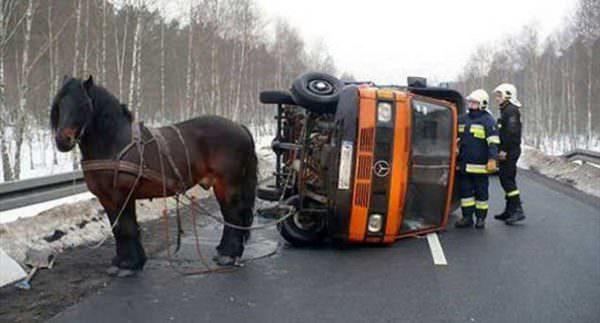
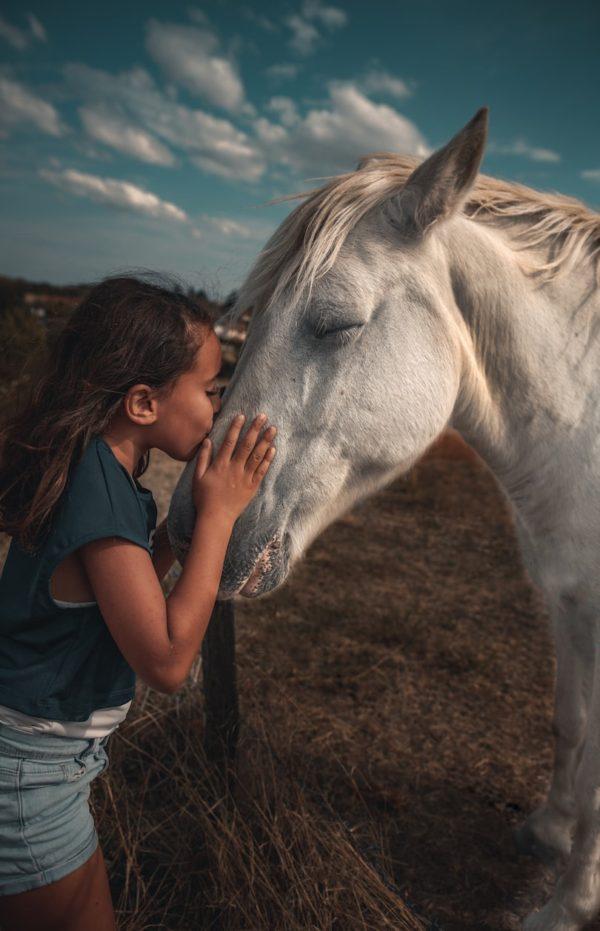

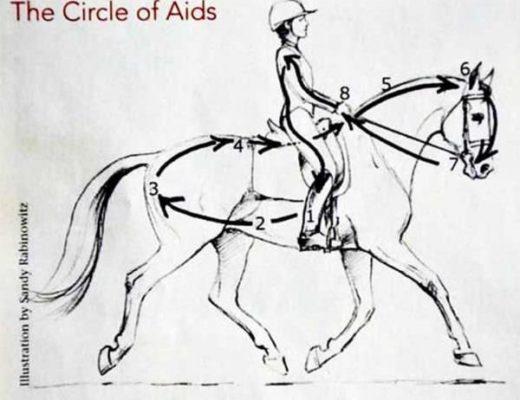
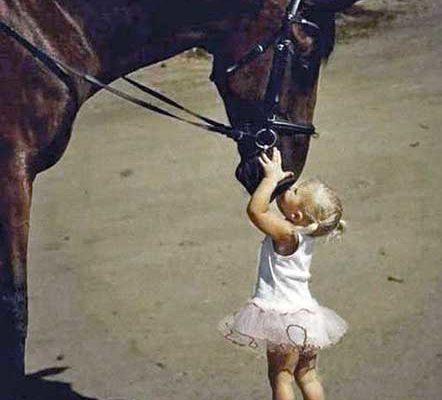
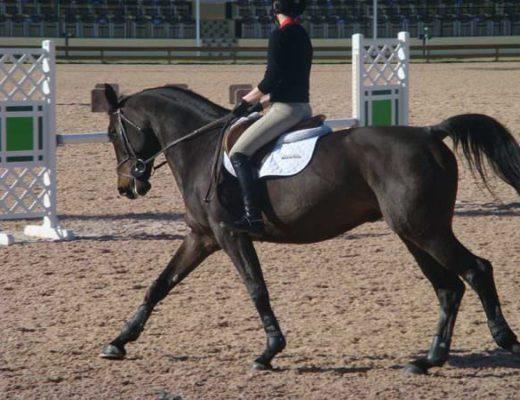
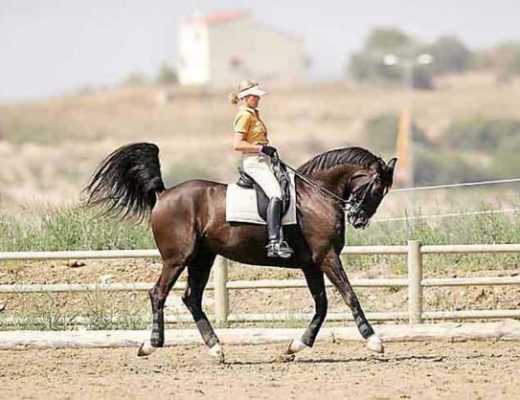
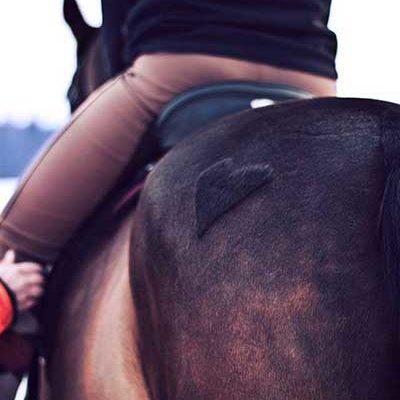
I know some people believe you need to tick the horse off to find their pressure points – then punish them enough for responding so that they get over it. They say that makes them “safe” for everyone to ride.
I see resistance and fighting as two different things. I will resist my horse’s resistance but generally do not fight it. A fence does not attack a horse but it should resist the pressure enough to keep the horse in the pasture.